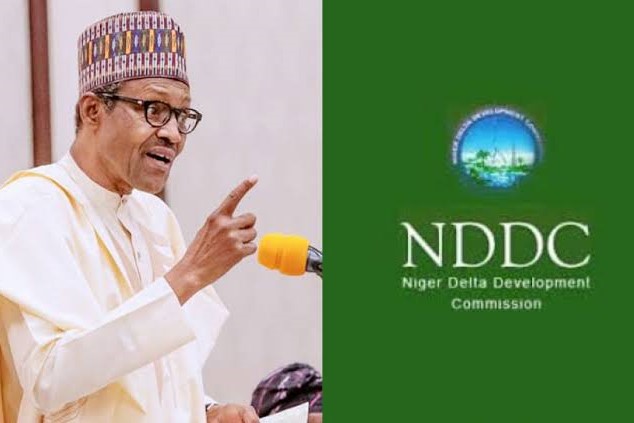
Citizens’ engagement, public institution accountability and transparency have emerged as crucial priorities and formed a part of a broader demand for the realization of good governance and societal reforms; therefore, engaged citizenship and demands for accountability and transparency are mutually inclusive. The idea of citizenship is beyond the membership status, it is also an expression that involves a deeper understanding of civic responsibilities to one’s community; it is a necessity for a virile democratic system. Recognizing this inevitable role of citizens is key to efficient and effective social and political institutions and processes.
As the Niger Delta Development Commission (NDDC) lurches from one corruption case to another, the Commission has been fractured and trashed in ways once unimaginable. Transparency and accountability are elusive in the affairs and management of the Commission. With the grand corruption and illegality in the NDDC, it seems the Commission is irredeemably broken and the repeated looting and inadequate responses by the government have disillusioned the people of the region. The NDDC should be a channel through which the hopes and aspirations of every Niger Delta citizen are recognized and respected rather than a cesspit of corruption and politics of selfish interests. This can only be achieved through the development of transparent structures and processes which include the people in every stage of decision-making.
NDDC’s shortcomings in being accountable and transparent to Niger Delta people which range from inflated contracts, shady procurement processes, abandoned projects, and non-existent projects, to outright looting form an urgent issue not only for the region but for other public institutions in the country. The Muhammed Buhari-led administration has also presided over the Commission in an unbelievably incompetent manner. The interim management structure in place scorns the law and due process, and is in effect, sabotaging public service delivery standards and shortchanging the Niger Delta people.
The complete dislocation of the people and public institutions at the national and sub-national levels, and particularly that of the Niger Delta people and the NDDC has generated a very dangerous blend of citizen lethargy, poor accountability and transparency in the affairs of the commission. The decreasing citizens’ engagement and increasing alienation of the Niger delta people is being broadly interpreted as an erosion of effective and responsible citizenship, thus the deficit in public service delivery by social and political institutions.
One of the reasons for accountability failures in the NDDC is the marginal attention given to citizens’ engagement to demand accountability and transparency, and this has created room for the laxity that has tainted the operations of the commission. Citizens who engage with the government and public institutions around social accountability issues can find solutions to their challenges, and being part of the decision-making processes helps improve the provision of basic social services. This does not only strengthen the quality of public service delivery but also increases the levels of transparency and accountability in government programs. The citizens must look candidly inward, and do much better. This, basically, starts with honesty about their inadequate nature of holding public institutions accountable and engaging them in diverse ways.
The Niger Delta people should be able to articulate their needs and interests; the people should be involved in the budgeting process, expenditure tracking, ensuring transparent procurement processes, regular financial reporting, monitoring of capital projects and demanding accountability in all processes. These and other citizens’ engaging channels will help curb corruption and have a direct and positive impact on accountable and transparent management of the Commission and ensure good governance.
The apparent convergence between engaging citizens, public institutions, and service delivery is striking; curbing corruption and other gains derivable from the process of citizens engaging the government and various public institutions such as the NDDC cannot be overemphasized. The apparent need for citizen engagement and demand for transparency and accountability in the NDDC should be understood as a work in progress, and these points to the overarching conclusion that a transparent and accountable NDDC ultimately will ensure enduring growth and development of the Niger Delta region.
